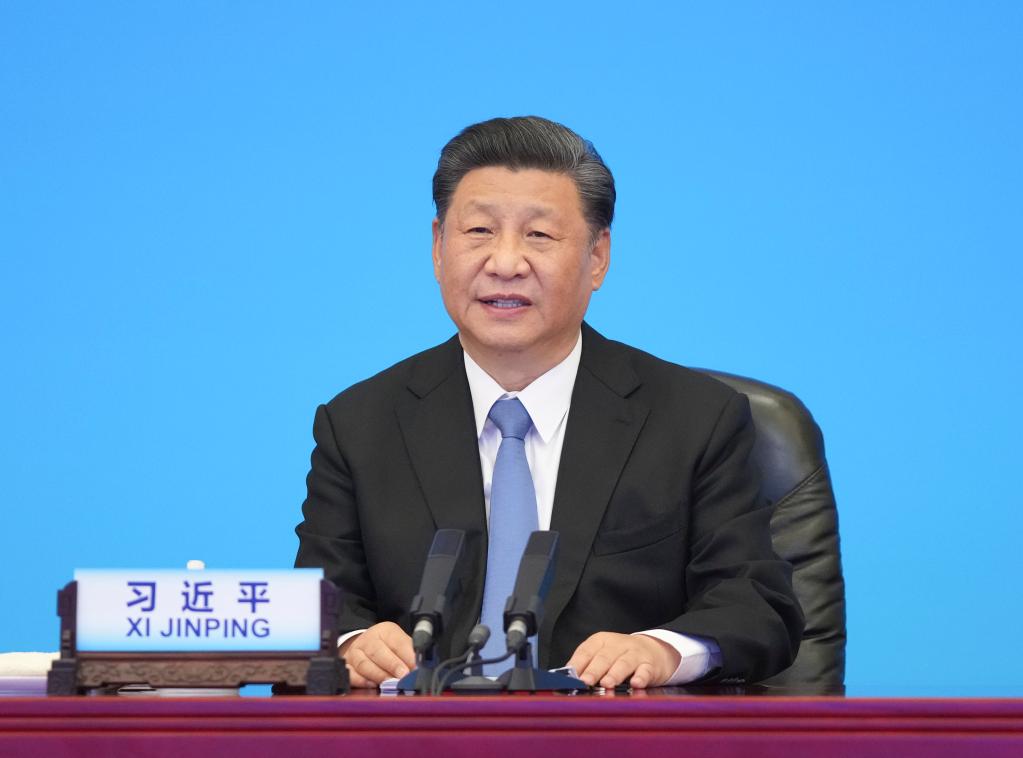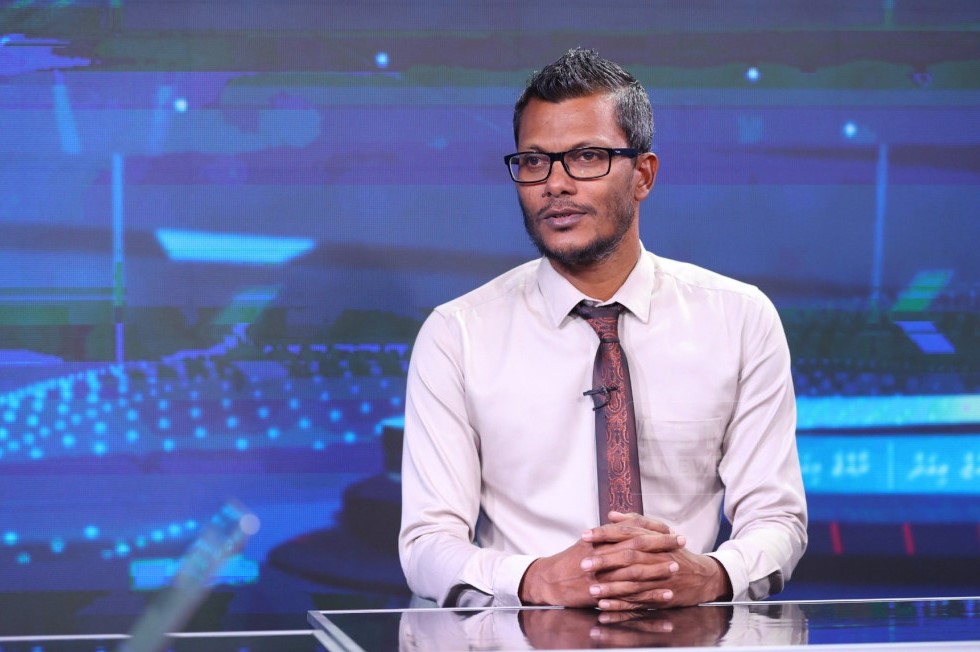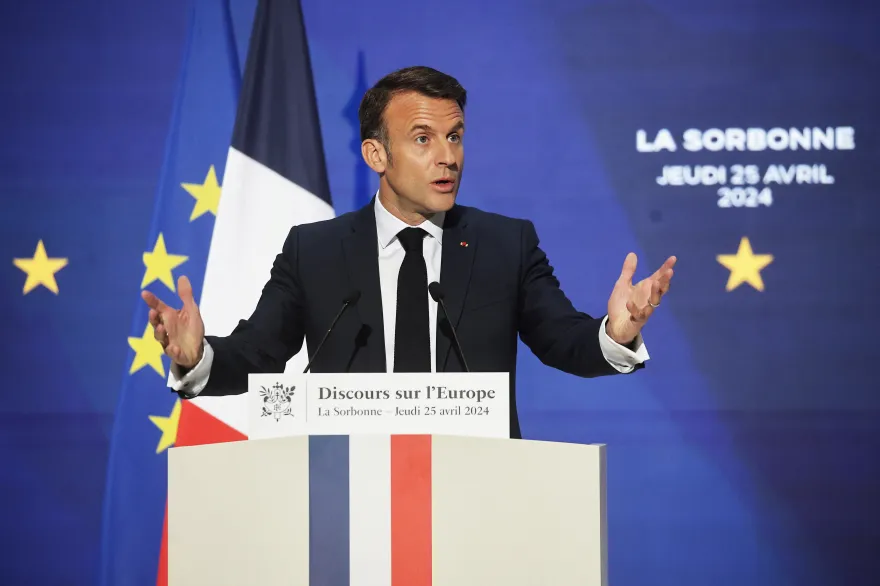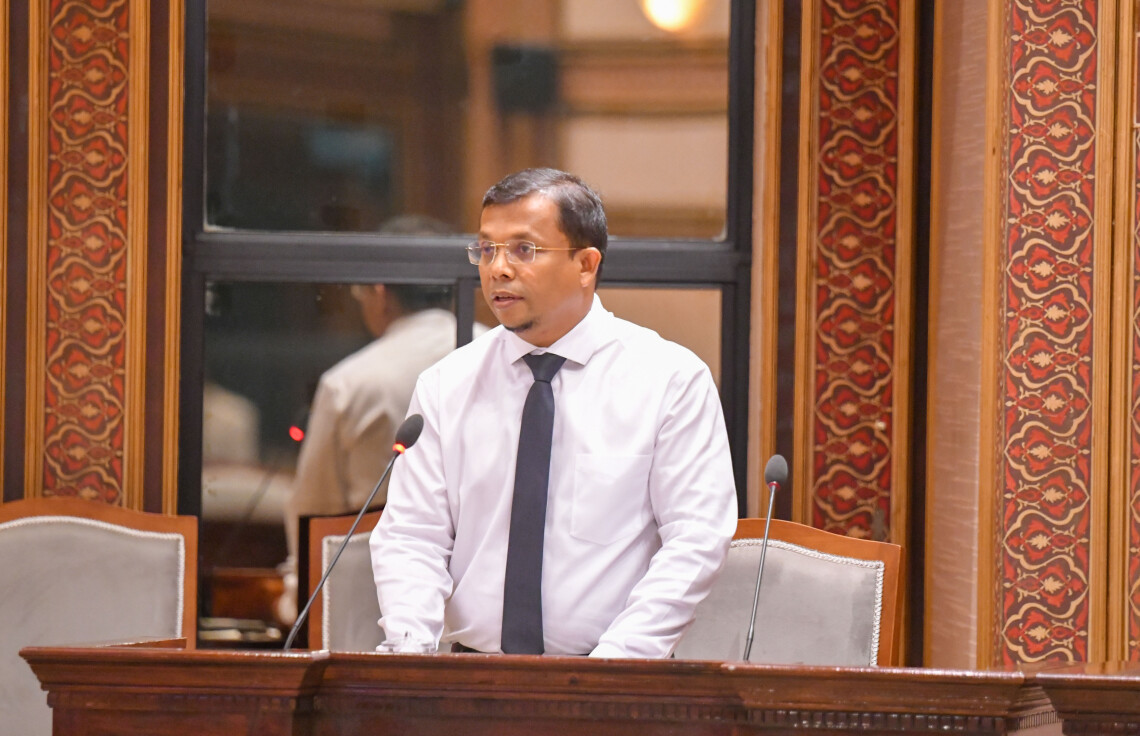Political parties in the world should accept their responsibility for the pursuit of people’s wellbeing and progress of mankind, urged Chinese leader Xi Jinping yesterday.
The point was reiterated further by Xi Jinping, General Secretary of the Communist Party of China (CPC) Central Committee and Chinese president when he called on political parties to strengthen cooperation to tackle global challenges including the COVID-19 pandemic, inequality, terrorism, and climate change.
“The choice is in our hands and the responsibility falls on our shoulders,” Xi Jinping told party leaders.
Xi Jinping also said that political parties, as an important force behind human progress, need to set the right course forward and acknowledge their historical responsibility to ensure the people’s wellbeing and pursue the progress of mankind.
Political parties need to shoulder the responsibility to promote development by bringing greater benefits to all peoples in a fairer manner, Xi Jinping said.
He said that all countries and nations are equally entitled to development opportunities and rights, Xi Jinping said political parties should face squarely up to major problems such as wealth gap and development divide, with particular attention and care given to underdeveloped countries and regions and impoverished people. He urged political parties to jointly oppose the practice of seeking technology blockade and divide as well as decoupling.
Xi Jinping noted that The CPC will unite and lead the Chinese people in taking comprehensive steps to deepen reform and opening up to make new contributions to shared development and prosperity of all countries of the world.
Xi Jinping said the CPC will shoulder its responsibility as a major political party in a major country to make new contributions to improving the wellbeing of mankind.
Since the 18th CPC National Congress, all the 98.99 million rural residents living below the current poverty line in China have been lifted out of poverty, enabling the country to meet the poverty reduction target set out in the UN 2030 Agenda for Sustainable Development 10 years ahead of schedule.
The CPC is willing to contribute more Chinese solutions and Chinese strength to the poverty reduction process worldwide, Xi Jinping said.
He also added that the country will spare no effort to support international cooperation against COVID-19 and to enhance the accessibility and affordability of vaccines in developing countries, and will contribute more to the global fight against climate change. Xi Jinping said the CPC will actively improve global governance to make new contributions to humanity’s joint response to common challenges.
“We should stand opposed to the practice of unilateralism disguised as multilateralism and say no to hegemony and power politics,” he said.
“China will never seek hegemony, expansion or sphere of influence,” he added.
South African President Cyril Ramaphosa, also president of the African National Congress, and 20 other leaders of political parties and organizations spoke at the summit.
They agreed with Xi Jinping that political parties should shoulder the responsibility for the people’s wellbeing, and said they are willing to work with the CPC to build a better world.
Wang Huning, a member of the Standing Committee of the Political Bureau of the CPC Central Committee, and other senior CPC officials attended the summit.
Over 10,000 representatives of political parties and various circles attended the event.
A joint initiative was delivered by the summit, which expressed the common will of political parties attending the event to safeguard world peace and development and promote the wellbeing of the people.

 News6 days ago
News6 days ago
 News6 days ago
News6 days ago
 News6 days ago
News6 days ago
 News6 days ago
News6 days ago
 News5 days ago
News5 days ago
 News6 days ago
News6 days ago
 News6 days ago
News6 days ago
 World6 days ago
World6 days ago






























